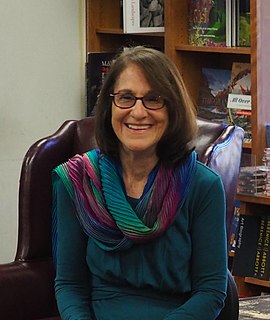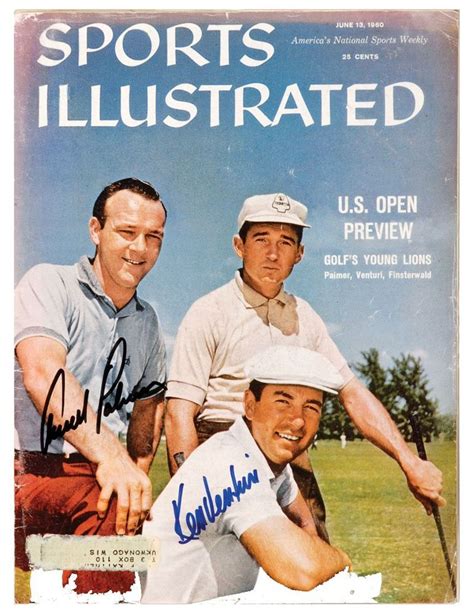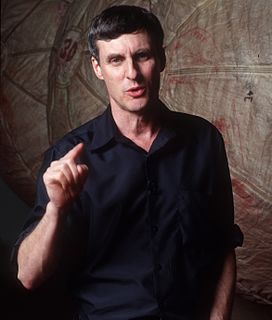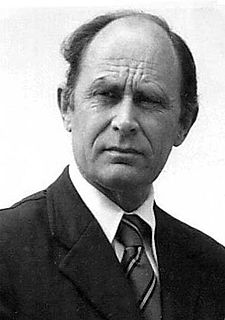A Quote by Joel Kinnaman
In the first test screening of 'RoboCop,' it tested very high. Then they asked the people why they liked it, and the first answer was, 'I liked it because it was political.' And the second answer was because, 'It feels like it deals with current affairs.' And the third answer was, 'Because it feels emotional.'
Related Quotes
I saw a psychiatrist when I was younger because I had ADHD, and I had some problems with authority, so I guess I can kind of relate to that in a way. I know what it's liked to be probed and to be asked questions where people are looking for a certain answer and are trying to pull something out of your answer.
Lying in bed, half-covered by the blankets, I would drowsily ask why he had come to my door that night long ago. It had become a ritual for us, as it does for all lovers: where, when, why? remember...I understand even old people rehearse their private religion of how they first loved, most guarded of secrets. And he would answer, sleep blurring his words, "Because I had to." The question and the answer were always the same. Why? Because I had to.
John Wesley tells of a dream he had. In the dream, he was ushered to the gates of Hell. There he asked, "Are there any Presbyterians here?" "Yes!", came the answer. Then he asked, "Are there any Baptists? Any Episcopalians? Any Methodists?" The answer was Yes! each time. Much distressed, Wesley was then ushered to the gates of Heaven. There he asked the same question, and the answer was No! "No?" To this, Wesley asked, "Who then is inside?" The answer came back, "There are only Christians here."
A dialogue is very important. It is a form of communication in which question and answer continue till a question is left without an answer. Thus the question is suspended between the two persons involved in this answer and question. It is like a bud with untouched blossoms . . . If the question is left totally untouched by thought, it then has its own answer because the questioner and answerer, as persons, have disappeared. This is a form of dialogue in which investigation reaches a certain point of intensity and depth, which then has a quality that thought can never reach.
We are posing two very clear questions. The first is: Did the Holocaust actually take place? You answer this question in the affirmative. So, the second question is: Whose fault was it? The answer to that has to be found in Europe and not in Palestine. It is perfectly clear: If the Holocaust took place in Europe, one also has to find the answer to it in Europe.




































